How to “Show, Don’t Tell”
There is constant debate on what a good college application essay should look like. But most admission officers and college counselors would agree that “show, don’t tell” is a good rule of thumb when you are writing your college application essays. But what does “show, don’t tell” mean, exactly? Over the years, I have come to realize that what students (and probably English teachers) typically associate with “show” in writing is NOT THE SAME as what the UCs consider as “show.”
Let me explain.
Many students (and often English teachers or even counselors) think that “in the moment” writing (descriptive narrative) is the same as “show.” What they don’t realize is that descriptive narrative is NOT appreciated by the UC Application readers and admission officers. An example I use when explaining this to students is the experience of riding a roller coaster. A vivid description about how your heart was pounding, the way your palms were sweating, the anxious anticipation of the impending drop, is NOT HELPFUL for the readers to understand your intellectual capacity, personal growth, and/or future aspirations.
So what should you talk about?
Using the same example of riding a roller coaster, you should talk about how the experience changed your perspective about yourself or those around you, or about life (demonstrating self-reflection/intellectual capacity), or your future goals (demonstrating forethought and aspiration), or how the experience allowed you to develop skills or abilities, or into a better version of yourself – as a person, a student, and/or a leader (demonstrating personal growth). Of course, riding a roller coaster is hardly a life-altering event. But whatever you decide to write about in your Personal Insight Questions SHOULD BE significant enough to be worthy of you discussing it in your Personal Insight Questions.
What should you take away from this?
The UCs have repeatedly stated that you should treat the Personal Insight Questions as interview questions, NOT as essay questions. Therefore, don’t do anything in your Personal Insight Questions that would seem weird during an interview …
- Starting your answer to an interview question with a quote … weird. Starting your answer to a Personal Insight Question with a quote … also weird.
- Talking about an experience using descriptive narrative when answering an interview question … weird. Talking about an experience using descriptive narrative when answering a Personal Insight Question … also weird.
- Acting out a scene or a dialogue when answering an interview question … weird. Writing out a scene or a dialogue when answering a Personal Insight Question … also weird.
- Bursting into song or composing a poem when answering an interview question … weird. Quoting song lyrics or composing a poem when answering a Personal Insight Question … also weird.
- Cursing or using inappropriate language when answering an interview question … REALLY BAD. Cursing or using inappropriate language when answering a Personal Insight Question … also REALLY BAD.
What the UCs want to see in the UC Application (all sections of the application, including the Personal Insight Questions) is a clear demonstration of self-awareness and personal growth, coordinated plan to leverage available educational and extracurricular resources, and vision for the future (personal and educational goals), NOT clever writing tactics! For your Personal Insight Questions to be effective, you must …
- Find a common theme in your coursework and extracurricular activities (for transfer students, this would be your major), and develop your Personal Insight Questions around that.
- Explain the significance of your experience, not the details of the experience. If you don’t already know why your activities are important to you … figure it out! I know you were not taught to do this in school and, yes, it’s patently unfair you should be asked to do this for college applications. But this is happening, so sit down and keep thinking until you understand the significance of your experiences.
- Articulate your understanding of how your current learning and activities support and shape your future goals (in college and beyond).
Know someone who can benefit from this information? Share the page with family and friends using a button below!
Help support this blog by making a contribution by credit card (processed through Stripe) or through Zelle (to ) today! Any amount is greatly appreciated!

